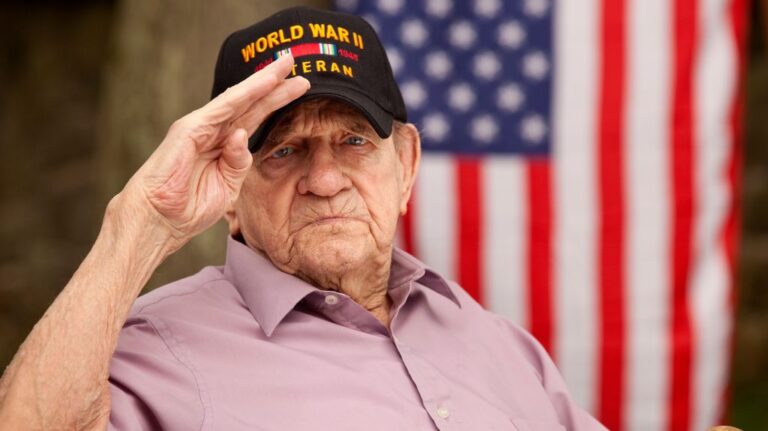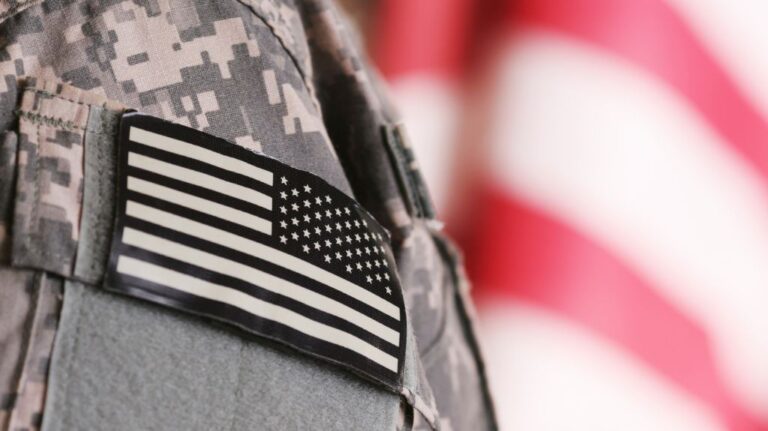What is an Example of a VA Buddy Letter?
For veterans navigating the complex system of Veterans Affairs (VA) benefits, evidence is king. While official medical records and service transcripts hold undeniable weight, the human testimony of fellow veterans – a VA Buddy Letter – can be a powerful piece of the puzzle. But what exactly is a VA Buddy Letter, and how can it help veterans secure the benefits they deserve?
Understanding the Buddy System
In its purest form, the “buddy system” refers to the close camaraderie within the military, where soldiers rely on each other for support and survival. This bond transcends the battlefield, extending to post-service life. VA Buddy Letters leverage this deep understanding to provide firsthand accounts of a veteran’s condition, often bridging the gap between medical evaluations and lived experiences.

What Does a VA Buddy Letter Do?
A VA Buddy Letter is a personal statement written by someone who knows the veteran well and can attest to their service-connected disabilities. This includes, but is not limited to:
- Family members: Spouses, parents, siblings, or children.
- Fellow service members: Friends or colleagues who served alongside the veteran.
- Military superiors: Officers or NCOs who directly observed the veteran’s behavior and performance.
- Civilians: Caregivers, therapists, or close friends who witness the impact of the veteran’s condition on their daily life.
The letter serves as a lay statement, meaning it presents observations and experiences in plain language, not medical jargon. Its primary purpose is to:
- Corroborate the veteran’s claims: It validates the veteran’s experiences by providing details not always captured in medical records.
- Illustrate the impact of the disability: It describes how the veteran’s condition affects their daily activities, relationships, and overall quality of life.
- Offer specific examples: Vivid memories and concrete instances strengthen the narrative and provide context for the claims.
Building a Compelling Buddy Letter
While there’s no one-size-fits-all approach, effective Buddy Letters share some key characteristics:
- Clarity and Conciseness: Focus on specific incidents and observations, avoiding generalizations or irrelevant anecdotes.
- Credibility and Reliability: Maintain a factual, objective tone, using clear and concise language.
- Specificity and Detail: Provide concrete examples, dates, and locations to paint a vivid picture of the veteran’s experiences and challenges.
- Honesty and Integrity: Stick to the truth and avoid exaggerating or embellishing the veteran’s condition.
VA Buddy Letter Examples to Guide You
Let’s consider two VA Buddy Letter examples:
Example 1: PTSD Claim from a Spouse:
“My name is Sarah Smith, and I’m married to John Smith, a veteran who served in Iraq for two years. Since his return, John has struggled with nightmares, hypervigilance, and frequent emotional outbursts. I’ve witnessed him wake up screaming from nightmares about firefights, startle at loud noises, and withdraw from social gatherings. He used to be the life of the party, but now he often isolates himself, especially around large crowds. These changes are heartbreaking, and I believe they directly stem from his traumatic experiences in Iraq.”
Example 2: Traumatic Brain Injury (TBI) Claim from a Fellow Service Member:
“I served alongside Tom Jones in Afghanistan for several months. We were part of the same infantry unit and saw combat together. After a roadside bomb explosion, Tom sustained a head injury. While he physically recovered, I noticed a significant change in his personality. He became forgetful, easily frustrated, and struggled to follow complex instructions. During patrols, his decision-making seemed less sharp, and his impulsiveness put the entire squad at risk. I believe these changes stem from his TBI and significantly impact his ability to hold down a stable job or maintain healthy relationships.”
Beyond the Format
Remember, a VA Buddy Letter is not just a document; it’s a testament to the enduring bond of fellowship. By weaving personal experiences with factual observations, it offers a humanized perspective that can significantly impact a veteran’s claim.
Additional Tips
- Proofread carefully and ensure the letter is free of grammatical errors and typos.
- Attach a signed and dated statement confirming the writer’s identity and relationship to the veteran.
- Encourage the veteran to submit the letter with their claim or appeal paperwork.
Final Thoughts
While navigating the VA system can be challenging, VA Buddy Letters provide a powerful tool for veterans to advocate for their rightful benefits. By offering firsthand accounts and validating their experiences, these letters can help ensure veterans receive the support they deserve, paving the way for a brighter future.






